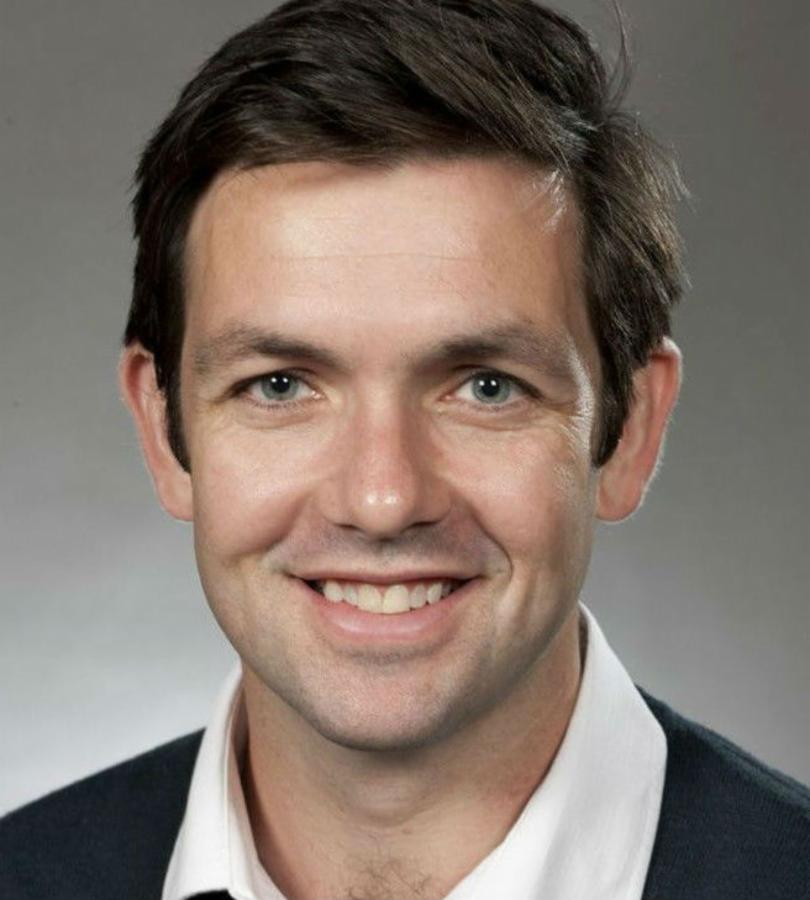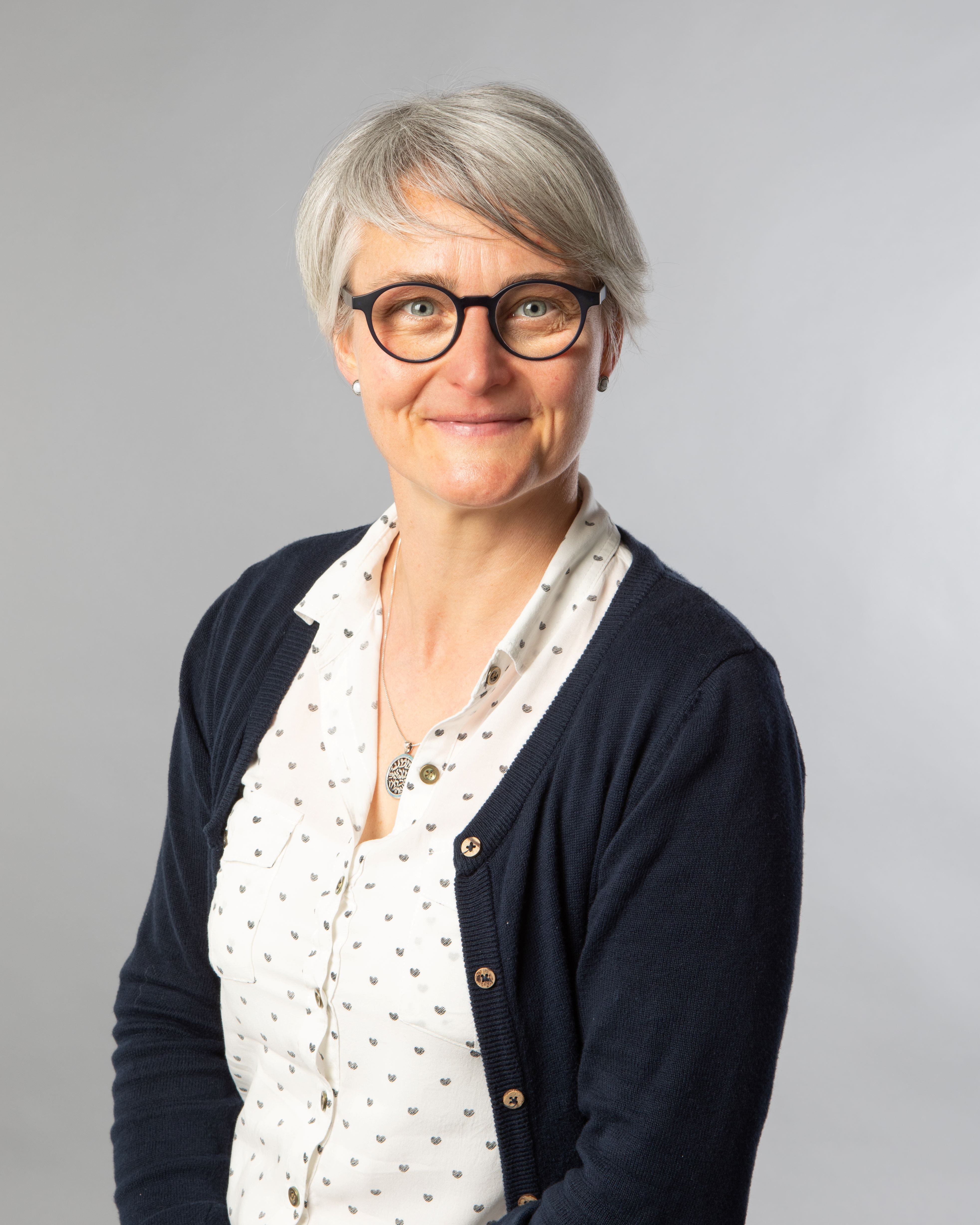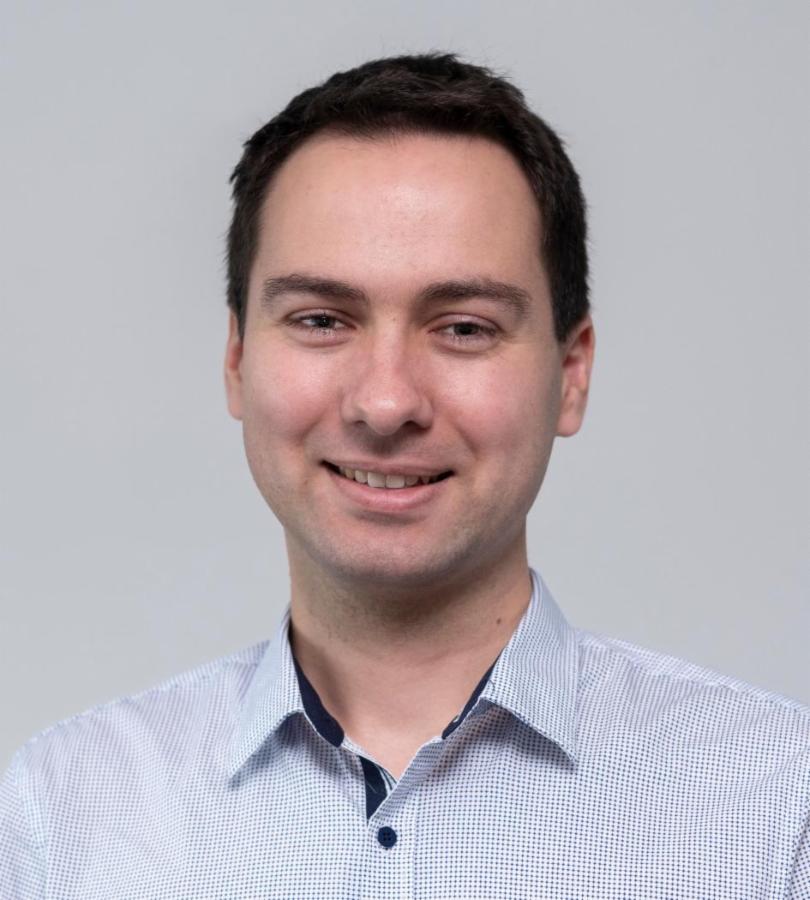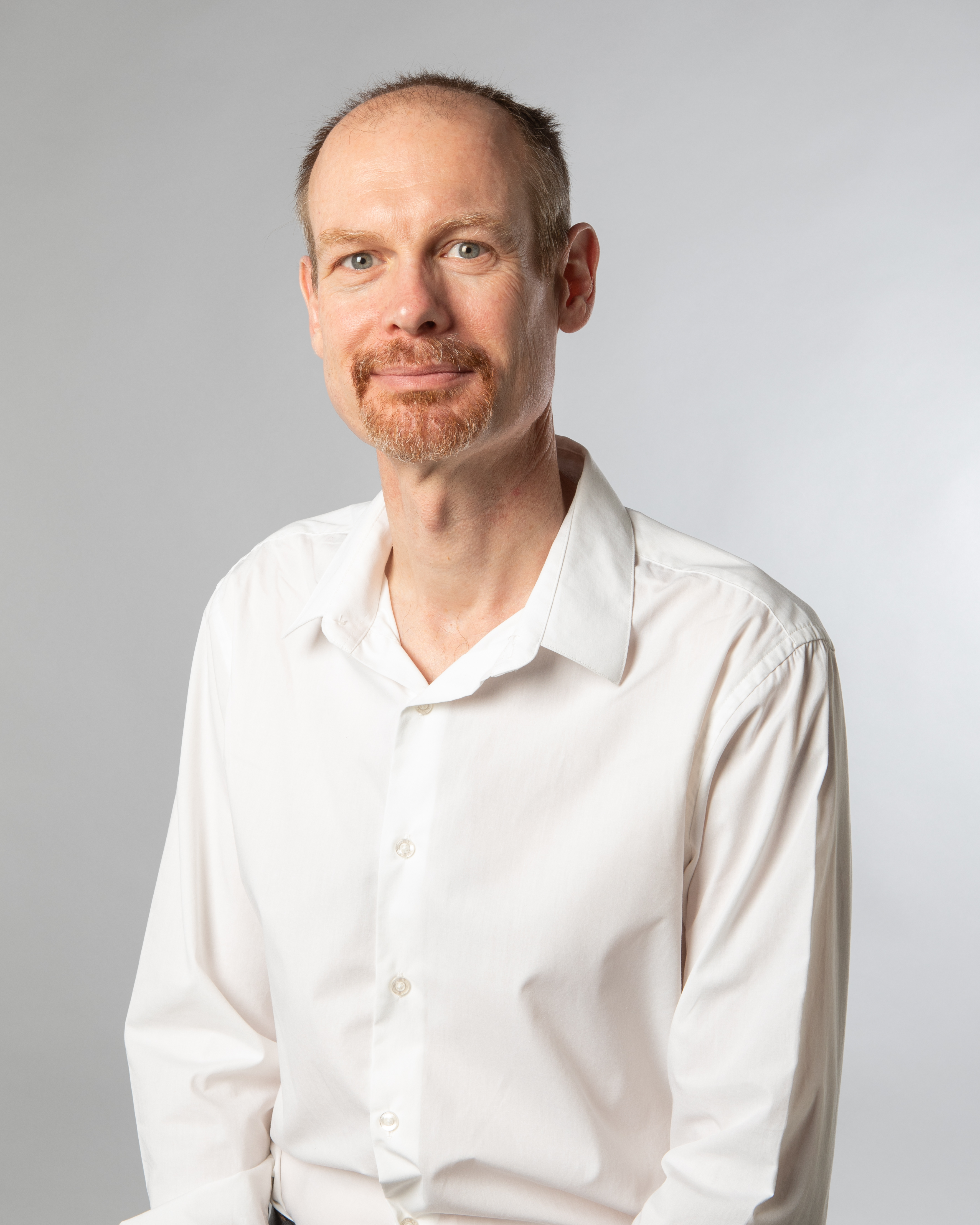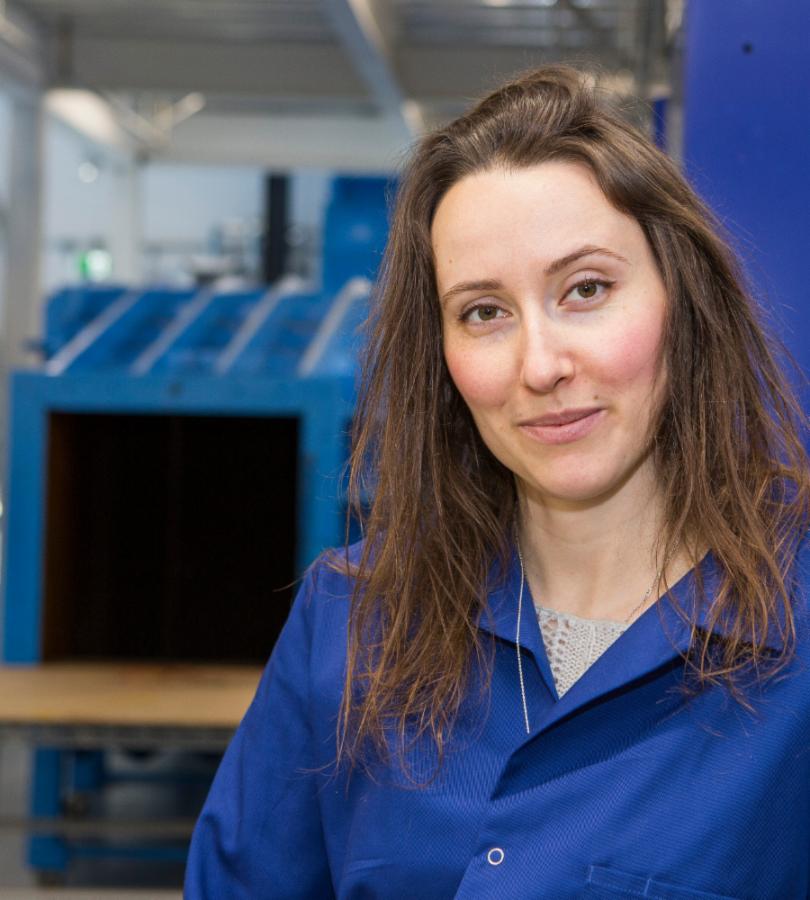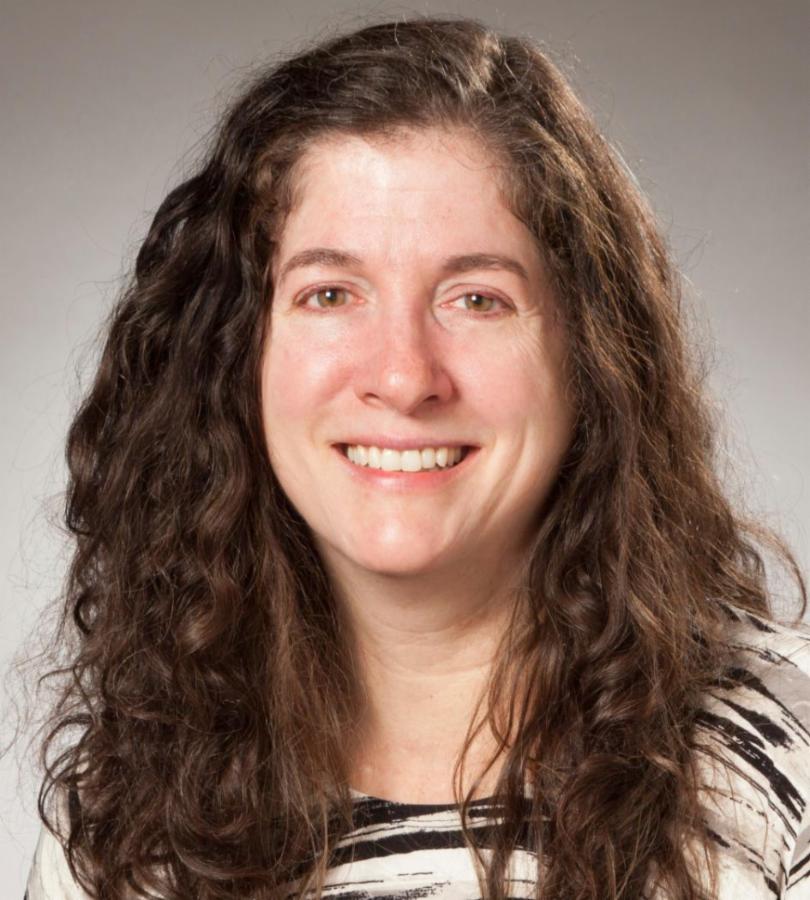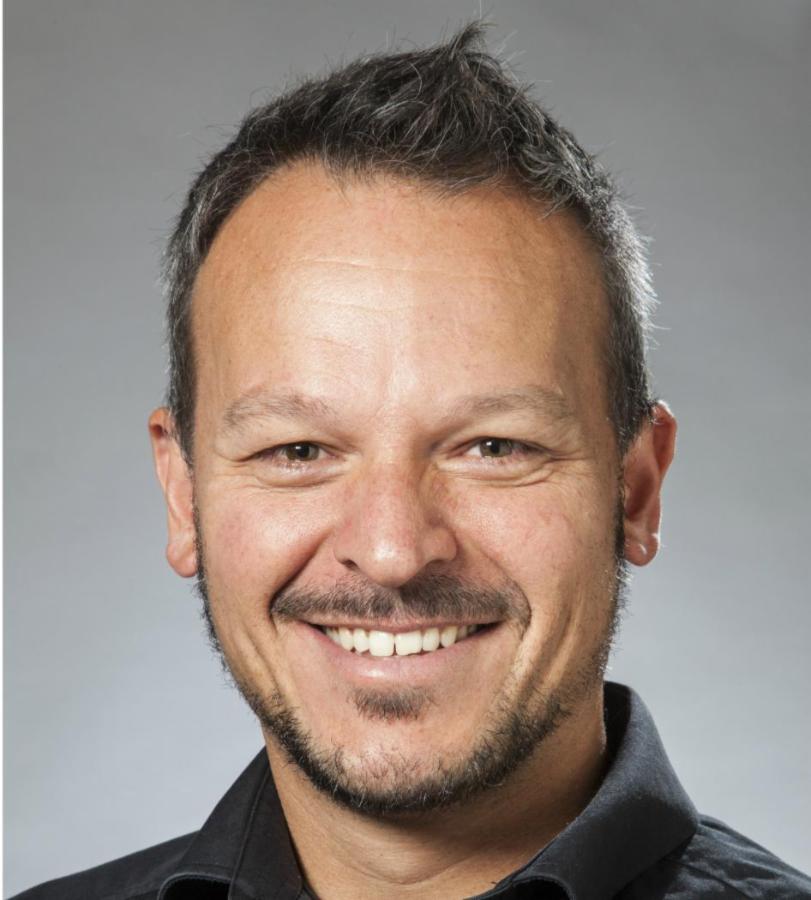Current Postgraduate Opportunities
Project Title: Magnesium-based orthopaedic device design
Project summary:
Craniofacial bone fracture fixation devices (e.g. mini/micro-plate/micro-screw systems) are typically manufactured using titanium (Ti) alloys due to the inertness of Ti in the body. The Ti fixation devices become integrated with the surrounding host bone unless removed with the additional cost of a second surgery. However, the mismatch in the mechanical stiffness between Ti (E=110 GPa) and bone (E=10-20 GPa) is known to cause stress shielding of the bone, reducing new bone formation, delaying fusion and increasing the risk of implant loosening. Thus, there is a strong interest from orthopaedic surgeons in having access to devices that are based on degradable biomaterials that are safely resorbed in vivo once physiological function is restored.
Mg-based alloy systems are creating a paradigm shift in bone fracture fixation as the devices completely biodegrade in the body, with a small number of orthopaedic devices now approved for use in humans. Mg alloys provide a unique combination of biocompatibility, bone-like stiffness (E=44 GPa), load-bearing (~150-200 MPa), and biodegradability – a combination that is not possible with conventional titanium devices. In this project we will explore innovative devices based on Mg alloys for the healing of craniofacial defects.
Funding/stipend: Funding is being sought
Application deadline: Apply any time
Project Title: Next generation bioaerogels
Project summary: The primary goal of prebiotic and probiotic supplements is to selectively enhance and deliver beneficial bacteria to the gut microbiome in order to restore the microflora balance. However, current methods of encapsulation provide highly variable efficacies in terms of potency due to the processing conditions, product storage, and physiological conditions within the gastrointestinal tract. The colon harbors the majority of the gut microflora although the pathway for probiotics to reach the colon is challenged by low pH found within the gastrointestinal tract. For instance, the pH can reach as low as 1.0 in the stomach, rising to 6.6 in the proximal small intestine and 7.5 in the ileum before falling sharply to 6.4 in the cecum, which is inhibitory to most bacteria, including probiotics. The goals of the research are to investigate novel methods of probiotic encapsulation and delivery that enhance the potency, efficacy and release characteristics of probiotics as nutritional supplements. We will combine our own detailed knowledge of processing of novel proteins and polysaccharide materials with our leading edge knowledge in prebiotics and probiotics science to innovate the oral delivery of probiotic bacteria to the gut microbiome. The vision is to create synbiotics (prebiotics + probiotics) with new types of encapsulant materials.
Funding/stipend: Funding is being sought
Application deadline: Apply any time



